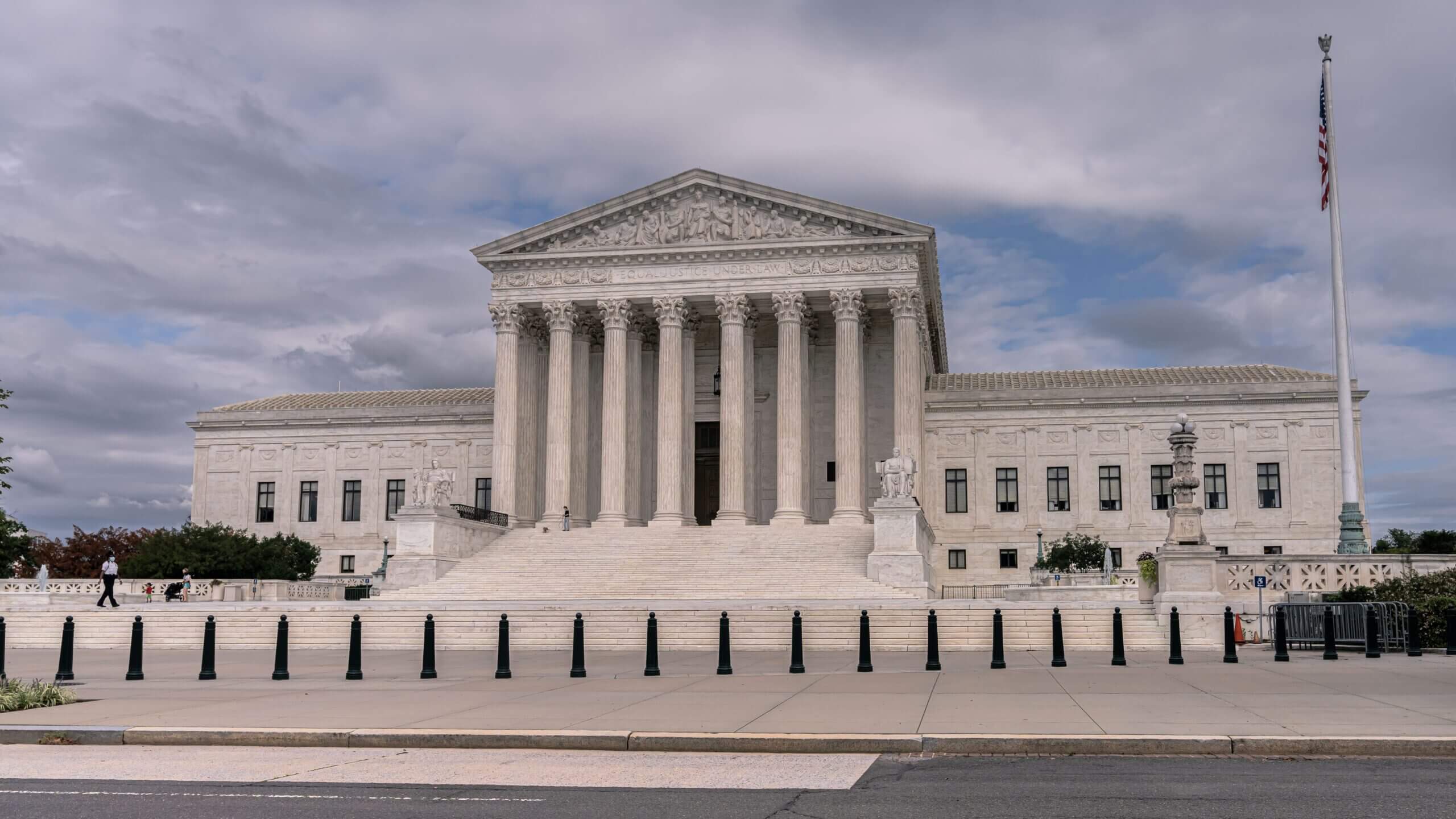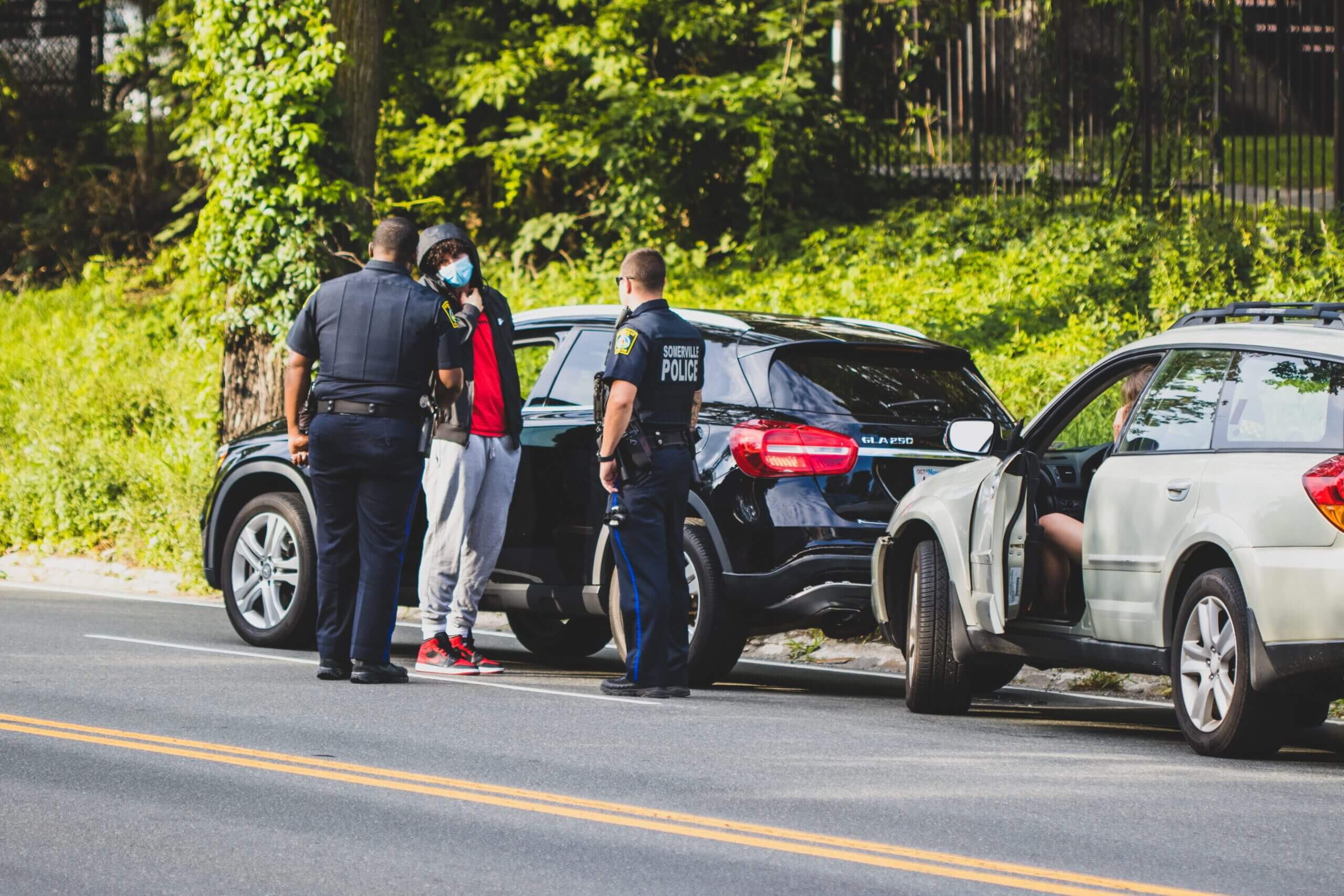Driver on Drugs in DC Car Accident
The United States Department of Transportation makes clear that different substances can impair driving, including over-the-counter and prescription drugs. A driver’s judgment and reaction times can be affected by alcohol, marijuana, and other medications that can cause extreme dizziness or drowsiness. Throughout the nation, it is illegal to drive while impaired by alcohol or drugs, but many drivers continue to drive while impaired. If you or a driver on drugs in a DC car accident you know has been injured in a crash involving a drugged driver, we may be able to help.
Washington, D.C., car accident attorney Roger Gelb personally handles all of our firm’s cases and maintains direct communication with clients. Over 10,000 clients have relied on Attorney Gelb’s tenacity and capabilities to hold reckless or careless drivers legally accountable for injuries they have caused. Together with his team at Gelb & Gelb, Attorney Gelb has secured over one hundred million dollars in legal compensation for injured victims and their families throughout Washington, D.C.
Types of Drugs in a DC Accident
If a driver on drugs in a DC car accident hits you, we will want to know what type of drug the other driver is on. Below, we cover the four most common drugs used by drivers behind the wheel just before they get into an accident.
Prescription Medications Leading to a DC Car Accident
Prescription medications cover a broad range of possible drugs, all of which can affect a driver’s ability to stay safe on the road. Opioids such as oxycodone and hydrocodone can cause drowsiness and slow reaction time. Naturally, reaction time is essential when behind the wheel. A slower reaction time is associated with drunk driving. If a car suddenly stops in front of you, you have an obligation to brake and not hit that vehicle. A failure to do so is a manifestation of negligence. Then, benzodiazepines like Xanax and Valium can lead to dizziness, confusion, and muscle weakness, making it difficult to control a vehicle. This can be even more dangerous than opioids, as muscle weakness can make maneuvering the car difficult even if your mind does manage to keep up.
The last common prescription medication is an anti-depressant. This is less potent than the other prescription meds aforementioned. However, if a driver is just getting on or off antidepressants, the effects can be strong enough to affect their ability to drive, leading to an accident.
Over-the-Counter Drugs
Antihistamines, commonly found in allergy and cold medications, often cause drowsiness and delayed reaction time. This is not as potent as any of the prescription medications, but it can make driving dangerous if consumed in excess. Thus, we advise finding another means of transportation to avoid being a driver on drugs in a DC car accident.
Driver on Marijuana

District voters approved the Legalization of Possession of Minimal Amounts of Marijuana for Personal Use Initiative (commonly known as Initiative 71). The new law became effective on February 26, 2015. Thus, while there are still federal laws related to marijuana, possessing two ounces or less of weed in the District is legal. Nonetheless, it is illegal in Washington, DC, to operate a car while under the influence of marijuana. There is good reason for this. THC, the active ingredient in marijuana, affects reaction time, coordination, and decision-making skills. So, a driver on drugs in a DC car accident, such as marijuana, is more likely to be found liable by a finder of fact.
Driver in a DC Crash on Illegal Substances
Illegal substances in our context refer to harder drugs. You should not operate a car on any of these drugs under any circumstances. Cocaine and methamphetamine can cause aggressive driving, reckless speeding, and loss of control. Heroin is a depressant that slows breathing and reaction time, making it difficult for drivers to stay alert. Hallucinogens (like LSD and PCP) distort perception, making it nearly impossible to drive safely. If another driver hits you while under the influence of any of these substances, that will certainly be impactful in convincing a judge or jury that the other driver was at fault in your accident.
Filing Suit Against a Driver on Drugs in DC Car Accident
Individuals who drive under the influence of alcohol or drugs pose a danger to themselves, their passengers, and others on the road. In most legal claims following a vehicle collision, injured individuals set forth evidence of the at-fault driver’s negligence. Demonstrating negligence entitles the victim to recover costs associated with the accident, including property damage, medical care, lost wages from work, and emotional pain and suffering.
To successfully prove negligence after an accident, the injured plaintiff must show that the defendant’s conduct failed to meet the standard of care required for the situation and that this failure led to the accident. In other words, the defendant’s actions or a failure to act must have caused the plaintiff harm. Reckless driving, including speeding and distracted driving, can lead to a crash. Drugged driving is also an example of negligent conduct, as impaired driving arguably fails to show the level of care all drivers owe to others. Therefore, a breached duty of care may be shown by evidence that at the time of the collision, the defendant was impaired and could not properly operate their vehicle.
What Is Negligence Per Se?
In Washington, D.C., there may be a presumption of liability under the legal doctrine of negligence per se if the defendant has violated a law against drugged driving or driving while impaired and then caused an accident. This rule applies when a defendant violates a law establishing a standard of care, and the victim is part of the group intended to be protected under that law. In a civil action, the injured plaintiff may assert negligence per se, and this claim would proceed separately from any criminal charges against the defendant driver.
If the rule of negligence per se applies in a lawsuit arising out of a drugged driving car accident, the plaintiff will nevertheless be required to show causation. Proximate cause is an essential element in an injury claim that must be demonstrated to prove that an intervening cause did not lead to the crash and resulting harm. A seasoned car accident lawyer can evaluate the facts of your case to determine whether you may have difficulty proving causation.
What Damages May Be Available Following An Accident?
Damages associated with a drugged driving accident must be set forth as the final element of an injury claim. Victims may recover damages designed to place them in the position they would be in had the accident not occurred. These amounts can include economic and non-economic damages. Economic damages refer to medical bills, lost wages from missed work, and other quantifiable costs. Pain and suffering, loss of consortium, and a decreased quality of life are considered non-economic damages. In some cases, punitive damages may be assessed against the defendant. These are designed to be a punishment and to deter reprehensible conduct.
Wrongful death claims may follow the tragic death of a loved one in an accident arising from negligent conduct. Legally specified persons, including family members, may pursue a wrongful death claim to recover medical costs, burial fees, and loss of earning capacity, among other costs.
Discuss Your Claim with a Skilled Car Accident Attorney in Washington, D.C.
If you or someone close to you has been hurt in a drugged driving accident, Washington, D.C. lawyer Roger Gelb can help. At Gelb & Gelb we provide a free, confidential case evaluation and can be reached at 202-331-7227 or through our online form. Our office assists people throughout Washington, D.C.
This page has been reviewed by the legal team at Gelb & Gelb, P.C.














